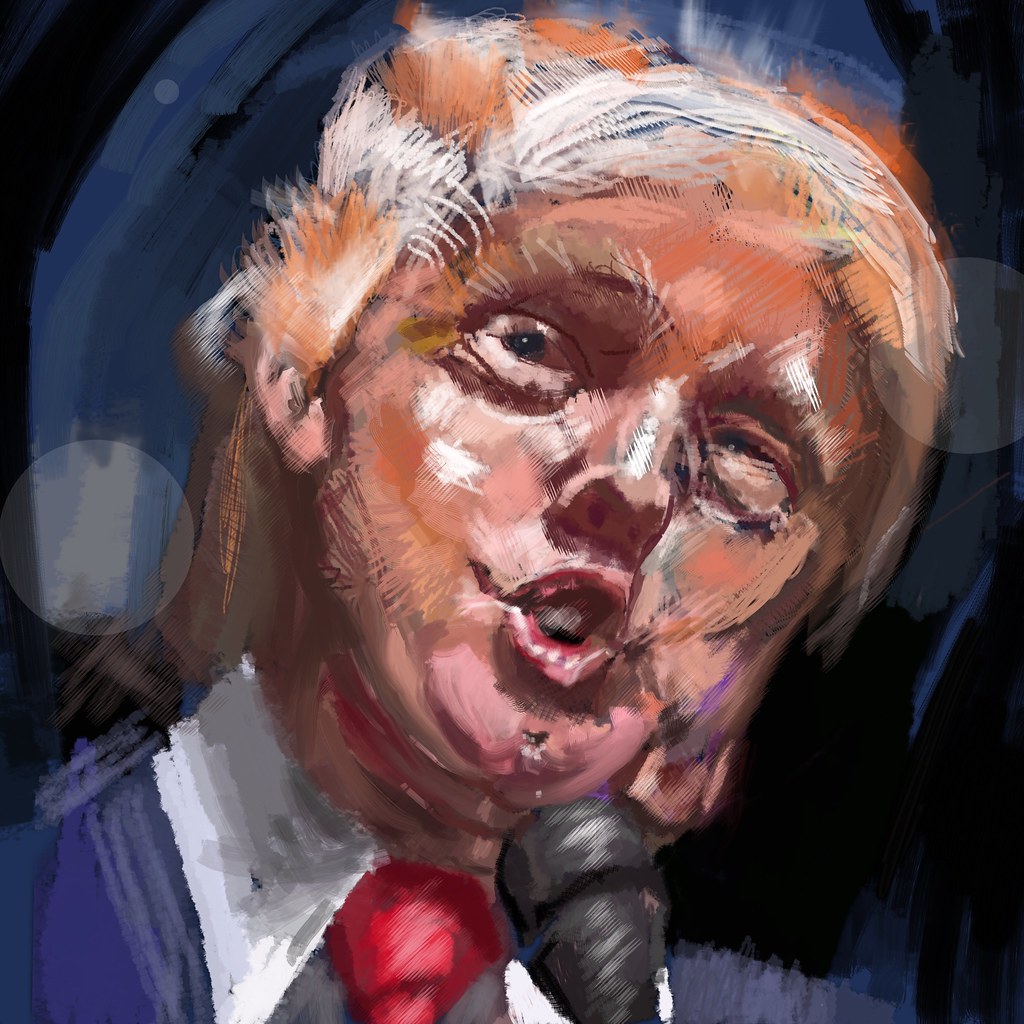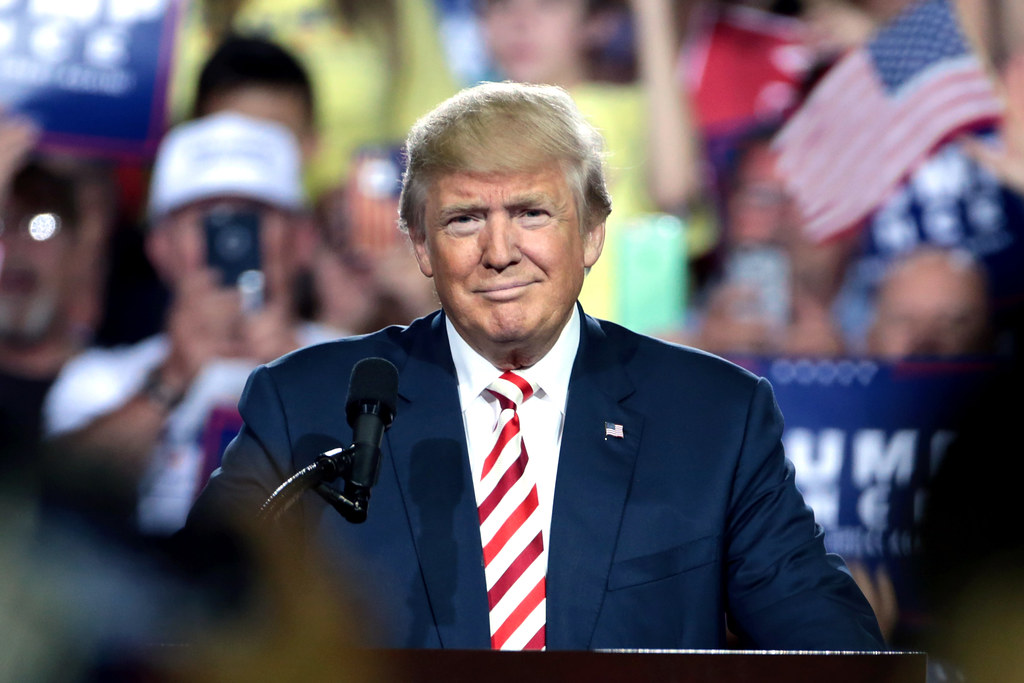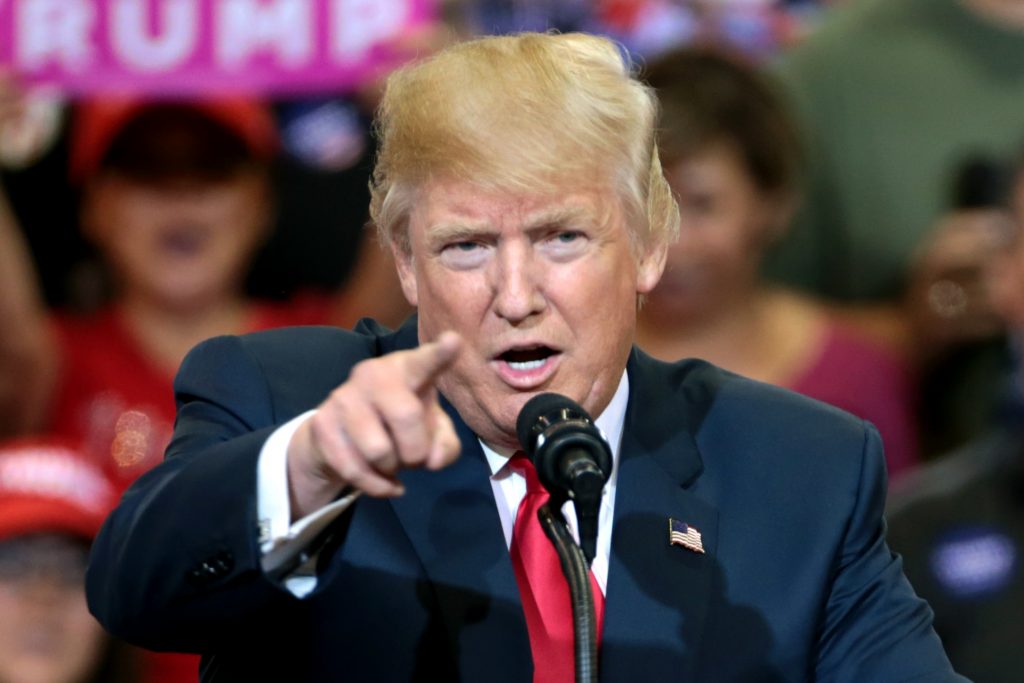
Beyond the Wall: Trump’s Escalating War on Hispanic America
BY
Institute for Liberal Studies / July 21, 2025
As much of the world knows, the United States is currently undergoing one of the most drastic changes to its immigration laws under President Donald Trump’s new executive orders and proposals. What much of the world fails to realize, however, is the true danger these changes bring, and how deeply they threaten the rights, safety, and futures of millions of people, especially those within Hispanic communities.









![2024 U.S. Presidential Election with Garvan Walshe [PODCAST] 2024 U.S. Presidential Election with Garvan Walshe [PODCAST]](http://4liberty.eu/phidroav/2024/11/LEP_Garvan_Walshe_-1469x800-1-1024x561.png)

